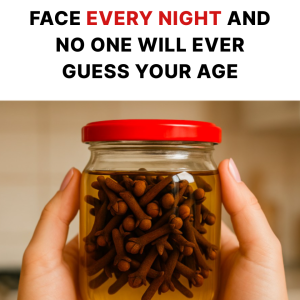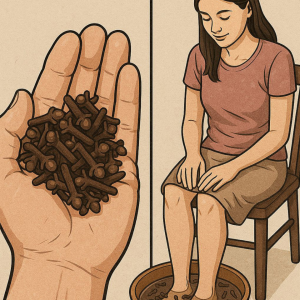
Most people don’t think much about the best time to go to sleep—but it turns out, timing matters just as much as the amount of sleep you get.
Our bodies follow a natural internal clock called the circadian rhythm, which aligns with light and dark cycles. When we ignore this rhythm and sleep at random hours, it can gradually affect how our bodies and minds function.
Why Sleep Timing Matters
Sleep isn’t just rest—it’s a powerful biological process. During deep sleep, the body repairs tissues, boosts the immune system, and flushes waste from the brain through a system called the glymphatic network.
These crucial processes depend on proper timing. Disruptions from erratic sleep schedules can interfere with reaching the most restorative sleep stages.

A 2017 study of over 300,000 adults found that consistently sleeping 7 to 9 hours at regular times was linked to the lowest risk of major heart problems. More recent reviews support these findings, highlighting sleep’s role in heart, immune, and metabolic health.
Why Sleeping After Midnight Is a Problem
Dr. Saurabh Sethi, a gastroenterologist based in California, explains: “If you regularly stay up past midnight, you might experience several health issues.” That’s because deep and REM sleep usually start earlier in the night.
If you fall asleep too late, your body may miss the window for these important stages, even if you get a full eight hours. This disrupts your circadian rhythm and impacts how well your brain and organs function.
Sleep Timing and Weight Gain
Staying up late can also throw off hunger-regulating hormones like ghrelin and leptin. Ghrelin increases appetite, while leptin signals fullness.
Late nights increase ghrelin and reduce leptin, making you hungrier and more likely to snack—especially on unhealthy foods. People who sleep earlier tend to have better control over cravings and healthier body weights.

Mood, Stress, and Mental Clarity
Your mental health also suffers from poor sleep timing. Dr. Sethi notes that staying up too late can lower serotonin, leading to anxiety, irritability, or sadness. Without enough deep sleep, the brain struggles to manage emotions, creating a cycle of poor mood and poor rest. Long-term, this increases the risk of depression or anxiety.
Cortisol, the body’s stress hormone, also spikes when you stay awake past your natural bedtime. Elevated cortisol can disturb sleep, raise blood pressure, and weaken immunity. Sleeping earlier helps lower cortisol naturally and allows your body to truly unwind.
Cognitive function takes a hit, too. Without sufficient deep and REM sleep, brain fog, memory problems, and trouble concentrating become more common. This affects both adults and children and can reduce performance at work or school.

The Bottom Line
Dr. Sethi advises aiming to sleep between 9:30 and 11:00 PM. This window allows your body to enter deep sleep at the right time and stay aligned with its natural rhythm. Even with eight hours of sleep, going to bed too late can reduce its benefits. Small changes in your sleep timing—such as setting a routine and limiting screen time—can lead to big improvements in energy, mood, and health.




